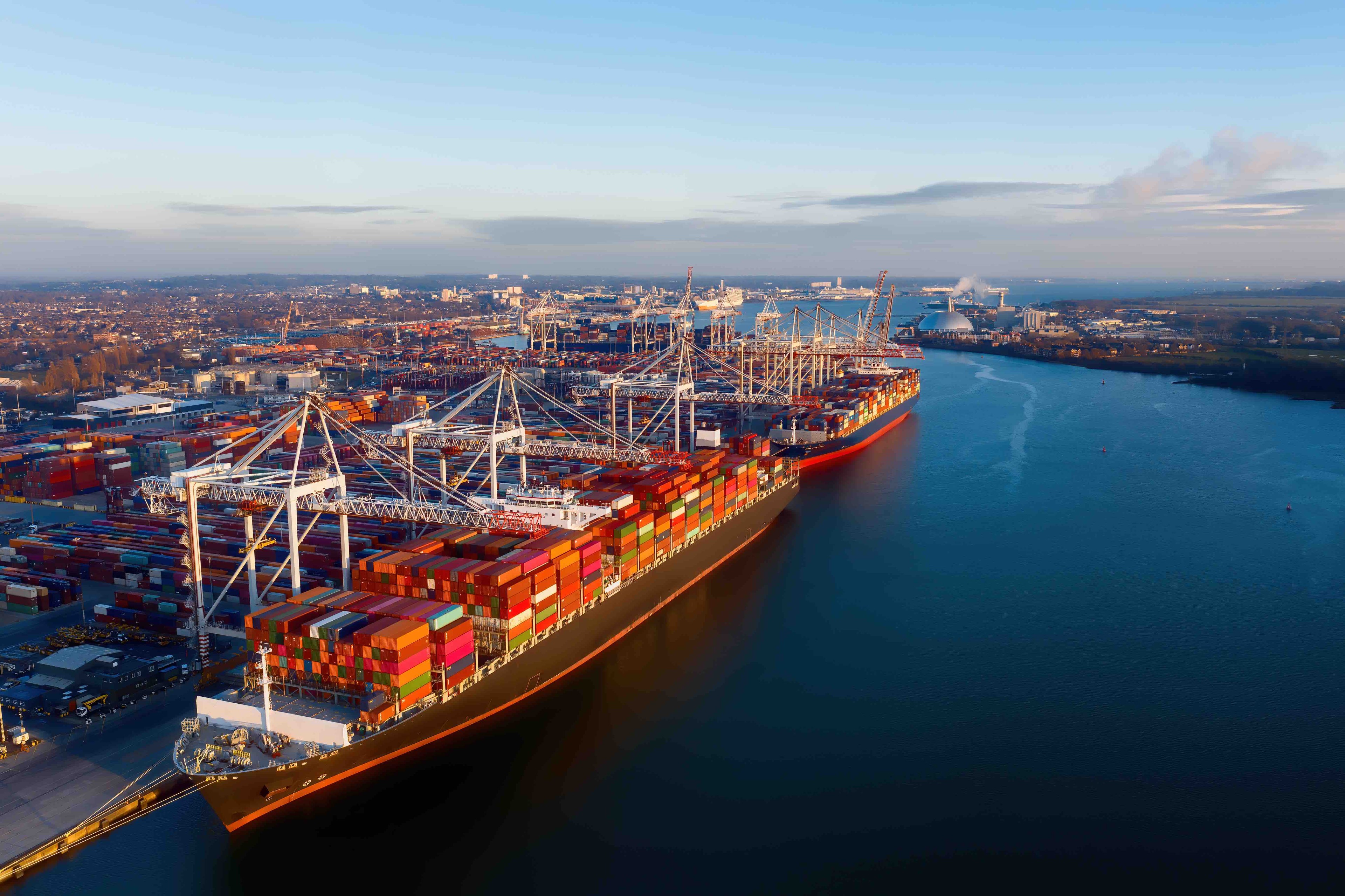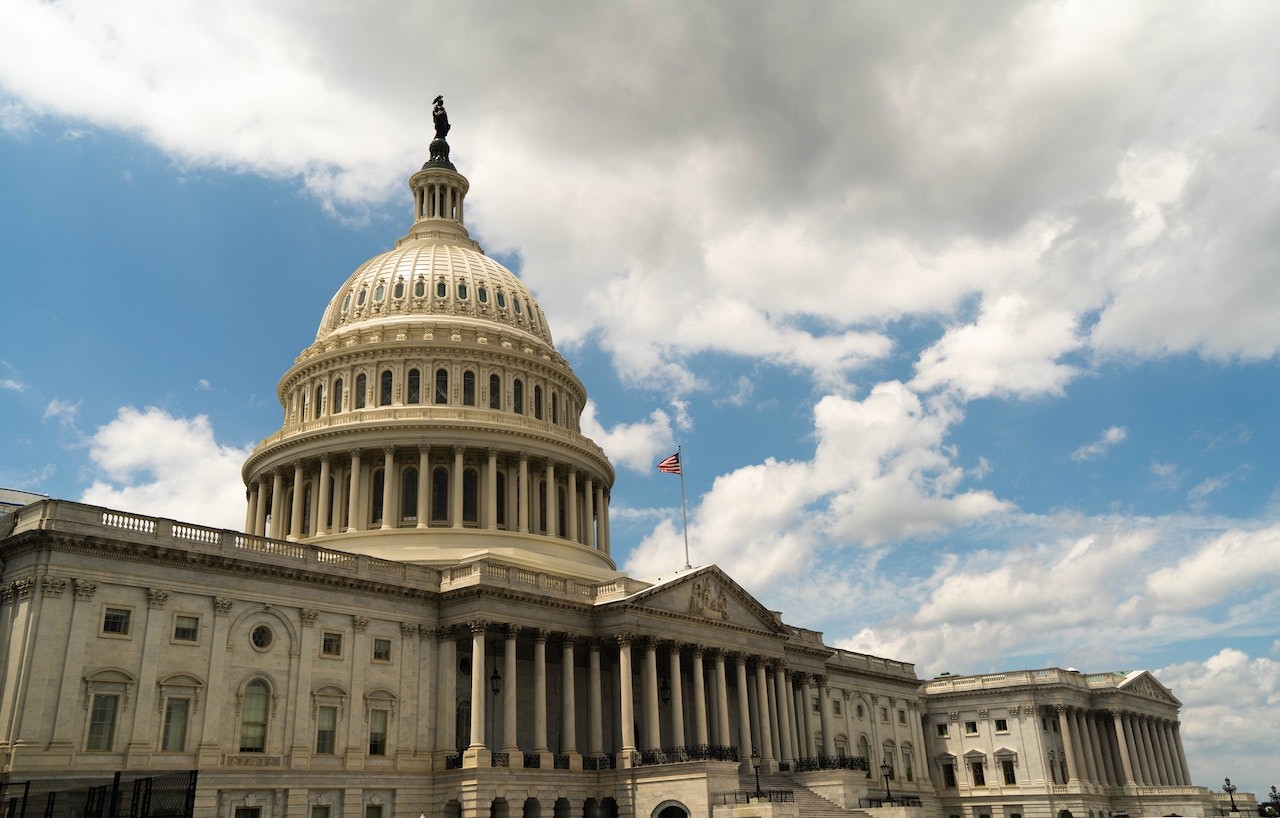Contact Us
20 September 2024•Article
Update: Surcharges Announced as US Port Strike Threatens
As a potential US port strike looms with no resolution between the International Longshoremen’s Association (ILA) and the United States Maritime Alliance (USMX), ocean freight carriers have begun communicating contingency surcharges should the strike go ahead.
As a potential US port strike looms with no resolution between the International Longshoremen’s Association (ILA) and the United States Maritime Alliance (USMX), ocean freight carriers have begun communicating contingency surcharges should the strike go ahead.
Preparations for a full work stoppage are underway, as negotiations have stalled. Contingency plans, including surcharges, are being put in place as a precaution in anticipation of the potential strikes. The port strike, scheduled for October 1st, could affect over 36 US ports, effectively shutting down operations at these ports along the US East and Gulf Coasts. This would severely disrupt ocean freight services, bringing imports and exports to a standstill and significantly affecting the country’s supply chain.
This has prompted carriers to impose surcharge fees ranging from $500 to $1000 per TEU, applied to shipments to and from the US East and Gulf Coasts. The surcharges are aimed to recover possible costs incurred by carriers as a result of disruption caused by any strike action.
Should a strike go ahead, and surcharges are implemented, LCL (Less than Container Load) cargo would also be subject to additional fees. This would be calculated at an equivalent weight/measurement (w/m) rate to cost imposed by the carriers.
At Woodland Group, we will continue to monitor the situation closely across the US and will work to provide best possible solutions and updates to our customers as the situation develops.
For questions on your supply chain planning, please contact your local Woodland representative or contact us here.
You may also like:
New customs requirements on Ireland to Great Britain movements from 2024
US Government Shutdown - Supply Chain Impact


